
Emergency contraception is a birth control measure taken after the sexual intercourse to prevent pregnancy. This type of contraception is also known under the name postcoital contraception or the "morning-after pill." Emergency contraception pill is the most common type of emergency contraception, and it involves taking hormonal drugs designed to disrupt ovulation or fertilization and therefore, prevent the implantation of an embryo in the uterus.
There are several different types of emergency contraceptive pills, and all of them contain higher doses of hormones found in regular oral contraceptive pills. Depending on the type of pill, they are effective when used shortly after intercourse, for up to 107 to 120 hours following the sexual intercourse.
The morning-after pill
Emergency contraception pill is considered safe and effective way to prevent pregnancy that may occur as a result of unprotected intercourse or contraceptive failure. This type of contraception can be started for up to five days after unprotected intercourse. In most cases, couples will consider this type of contraception when the regular one has failed: if the condom broke or slipped off, if a diaphragm slipped off, if a woman forgot to take her birth control pills, or in any other case when a couple failed to use any kind of birth control. The morning-after pill is made with high concentration of progestin hormones and it works by keeping woman’s ovaries from releasing eggs.
This hormone also thickens the cervical mucus and blocks the sperm from reaching the egg. Progestin is also responsible for thinning the lining of the uterus. When the lining of the uterus is not thick enough, there are no sufficient conditions for successful implantation of the embryo. It is important to understand that the morning-after pill is not the same as the abortion pill. Taking the morning-after pill does not cause abortion, it only prevents pregnancy, and it is usually effective in 99.9% of cases. A rule of thumb is: the sooner the emergency contraception started, the better it works.
Side effects of the morning-after pill
Depending on the type of emergency contraception pill, women may experience some undesirable effects. However, the reaction is completely individual and many women will have no problems. Most commonly, the side effects are only mild, ranging from nausea and throwing up to breast tenderness, dizziness and headaches. Following the emergency contraception, some women may experience irregular periods. Even though this is a safe and effective procedure, it should not be used d as a form of ongoing birth control. The pills are based on increased levels of hormones and can have a severe impact on overall health.




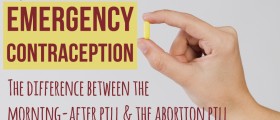

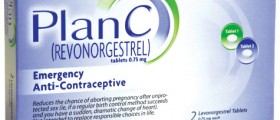
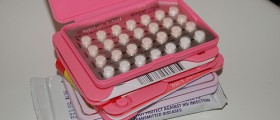

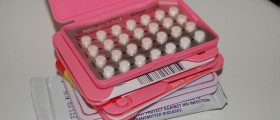



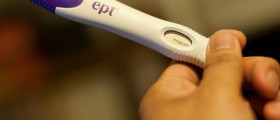
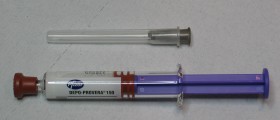
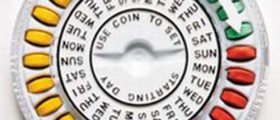
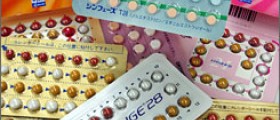
Your thoughts on this
Loading...